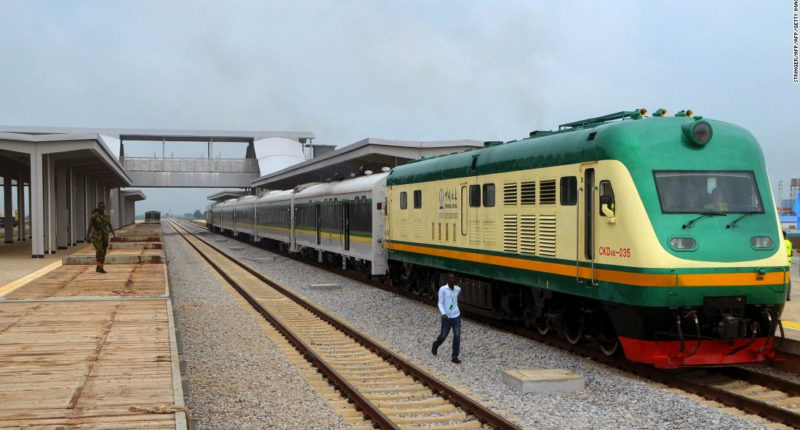On Monday, Nigerian Railway Corporation (NRC) resumed travel services on the Abuja – Kaduna railway, which was shut down by the federal government after terrorists attacked a passenger train over eight months ago.
Driving the news
Despite the deployment of security forces, including armed policemen and officers of the Nigeria Security and Civil Defence Corps (NSCDC), the first day of resumption recorded an understandable low turnout by passengers. A close monitor at Idu and Kubwa stations, as reported by DailySun newspaper, stated that “the ever-bubbling train stations were totally deserted.”
- As promised, the authorities implemented the documentation of passenger’s details by demanding their National Identification Number (NIN) and phone numbers before issuing tickets to them.
By the numbers
Before the attack by terrorists on March 28th, the train fare from Idu to Rigasa was N7,000 for the 24-seater coaches, N5,000 for 56 and 68-seater coaches, and between N2,600 and N3,000 for 88-seater coaches depending on the time of the trip, while minors paid N1,500.
- In line with the initial declaration by the Managing Director of the Nigerian Railway Corporation (NRC), Mr. Fidget Okhiria, the commission increased the train fare due to a hike in diesel prices used to power the trains.
- A trip from Idu to Rigasa is now N9,000 for 24-seater coaches, N6,500 for 56 and 68-seater coaches and N3,600 for 88-seater coaches, while minors pay N3,000.
The big picture
The resumption of travel on the Abuja – Kaduna railway would definitely have a slow start as the memory of the terrorist attack is still fresh in the minds of Nigerians despite the changes the federal government and rail authorities have implemented. Also the hike in train fares could also play a role in the snub of means of transportation.

